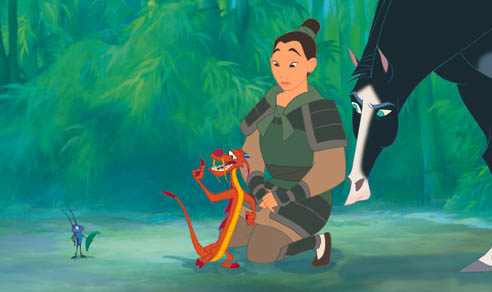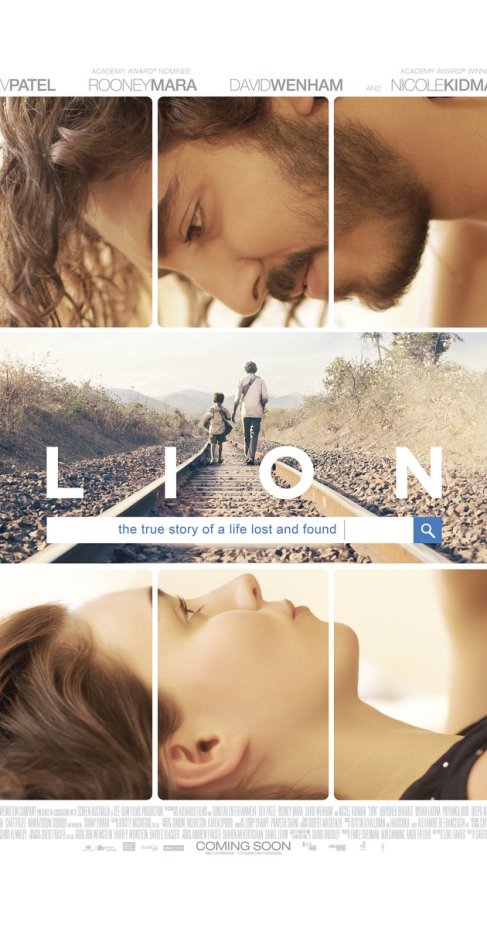
Illumination as an animation studio has solidified itself this year as makers of cute and harmless children’s cinema. If Disney/Pixar is the gold standard in terms of animation quality and compelling content whether it be emotionally gripping stories or innovative worlds, Illumination falls a tear above Dreamworks who took a nose dive with the more raunchy Shrek and Madagascar franchises. It’s summer fare Secret Life of Pets had some interesting sequences with a sausage party dream sequence and underground sewers of unwanted animals but was a traditional Toy Story plot. Sing has a save the (fill in the blank) narrative but exploiting the popularity of talent competition programs like The Voice, America’s Got Talent and other shows your parents watch. The anthropomorphic animals that inhabit this world from afar look like Zootopia as predators and prey coexist in leather jacket, Converse attire but immediately you realize there’s no logic to this universe so no use overthinking it.
If you’re watching Sing it’s because you enjoy Top 40 covers of songs that will be very dated in 10 years and yes, I’m one of those people. There’s also part of me that realizes Shrek annoyingly popularized the use of contemporary hits in children’s films and feels like a cheap appeal to kids with recognizable songs. The film relies more heavily on your emotional response to songs than having to do any work of their own. They even use Leonard Cohen’s “Hallelujah”, notably covered by Rufus Wainwright in Shrek as a pivotal beat. If you want the most proof that it’s a humiliating endeavor, having to hear Matthew McConaughey as a Koala sing the chorus of “Call Me Maybe” made me slump in my seat.
That being said, the voice performances are one of the film’s strengths. McConaughey gives a surprisingly lively performance as the theater owner down on his luck. Seth McFarland, who VO is old hat for him, is obviously over the moon to play the Frank Sinatra-style crooning mouse. It’s an expansive cast as the film is made up of these mammalian performers that converge for the competition. All the principals which includes a gangster gorilla (Taron Egerton), pig housewife (Reese Witherspoon) and an angsty porcupine teenager (Scarlett Johansson) get enough screen time to complete their arcs which are often difficult when cramming in so many characters. They all felt developed enough to have their own movie but also work in these small doses. The animators have fun with how animals of all different shapes and sizes would interact, giving each many quirks that make up the comic relief more than verbal jokes. The koala’s absentminded assistant is an elderly iguana with a glass eye and is the most delightful as a reptile in existence for pure comedy. Nick Kroll’s Austrian dancing pig serves a similar purpose yet they criminally underuse him.
This kind of movie exists as a fluff piece for families to take all the rowdy kids to during the holiday season especially those too young for Rogue One. Illumination probably makes enough money off of Minions that they can fund any project they want that will have a big opening weekend and a mediocre response by critics. Like many others, I saw this with friends who didn’t want to sit through the heaviness of Fences and the more indie Oscar films like La La Land hasn’t expanded to the mainstream theaters of the mid-Atlantic towns in which I spend my holiday vacation. This movie thrives because people like me have little to choose from. I don’t fault it for that and as I said I’d describe it as harmless. I found the giggling Japanese Akitas and spandex clad frogs adorable. I’ve sat through much worse films geared to a variety demographics and sure this is a calculated studio effort to tap into what the masses respond to which is Katy Perry and piglets it’s at least less obnoxious than Minions.






